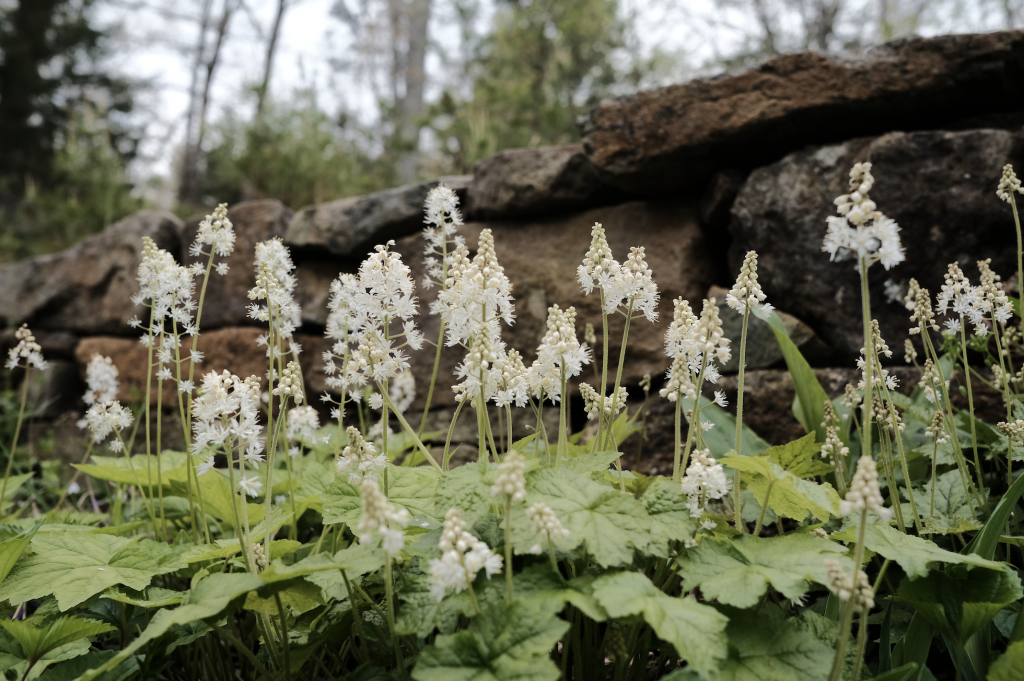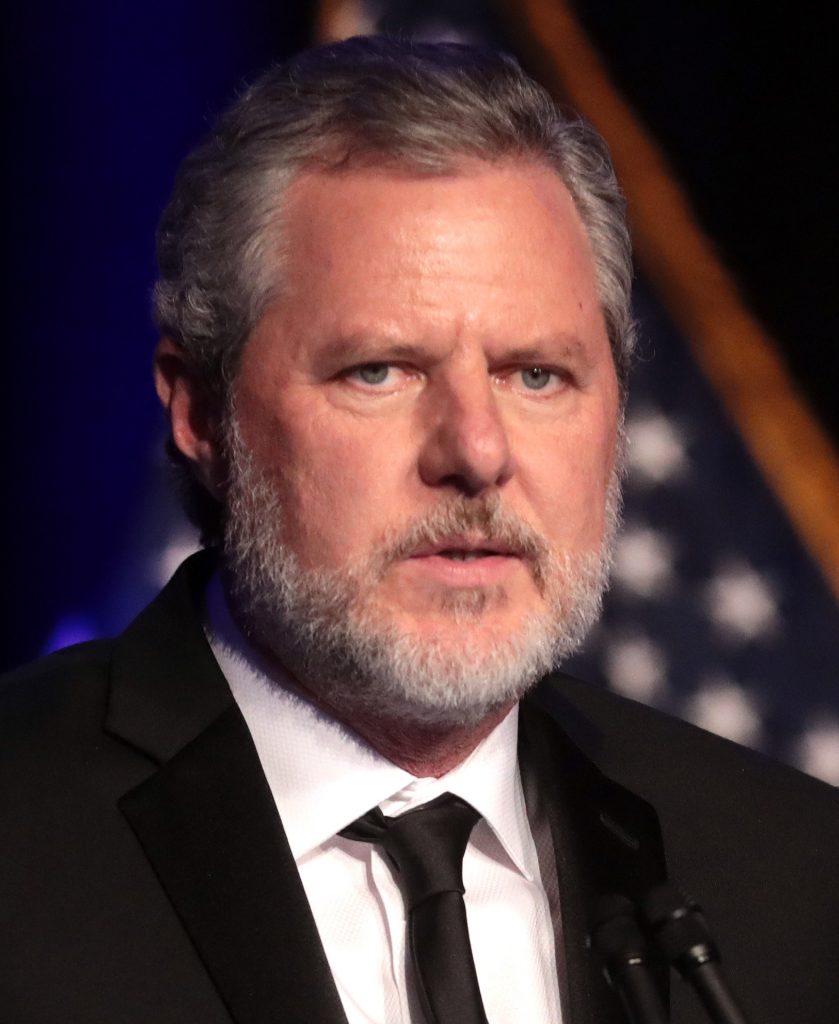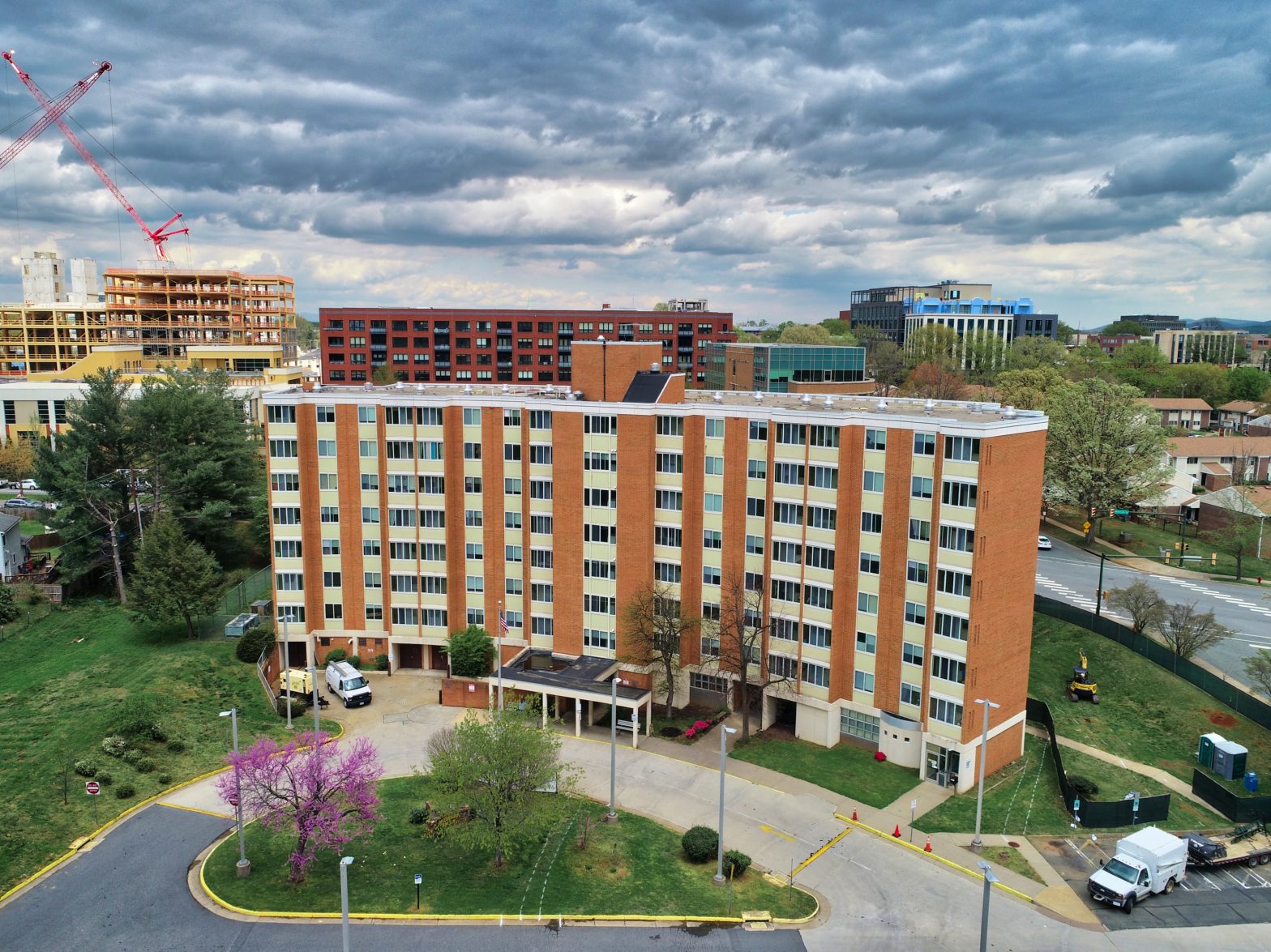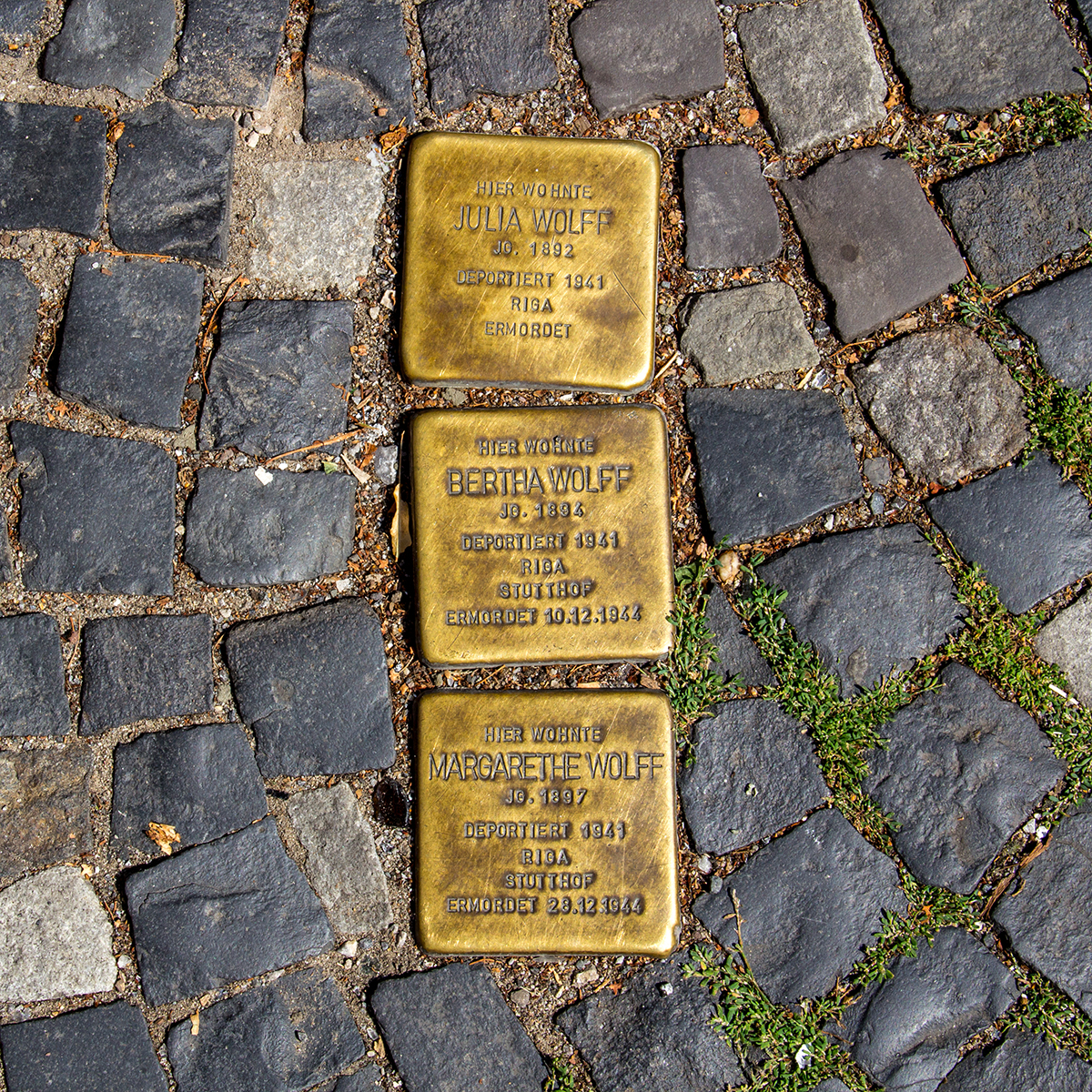I scoop up a quart of dark pond water and debris in my cloth net. As the muck drains, my partner Claire sticks her hand into the mess. She grabs a glob of mud the size, shape, and color of a miniature York peppermint patty—except it’s wiggling and has a tail. A bullfrog tadpole! We crow in triumph, but no one can hear us over the roar of thousands of male frogs singing their spring mating songs. It’s an early spring evening at the Scheier Natural Area in Palmyra, frog romance is in the air, and Claire and I are learning to become master naturalists.
Master naturalists are a cadre of volunteers trained to support their local environmental education and conservation programs. They serve as educational speakers, tour guides, and species counters; they maintain trails, tear out invasive plants, and plant riparian buffers. In short, they are nature nerds—and they love to share their passion.
The Virginia Master Naturalists is a cooperative supported by seven state agencies that deal with water, land, forest and wildlife. Program director Michelle Prysby was hired sixteen years ago to get it rolling; it now has 29 chapters. The Charlottesville-area chapter, Rivanna Master Naturalists, is among the most active.
“Having a resource like the Ivy Creek Natural Area as a home base is a big help,” says Prysby, “but the key has been having so many people interested and committed. It takes a lot of people to keep this effort running.” While the Virginia Cooperative Extension provides expertise, guidance, and some tech support, master naturalist chapters are self-funded and volunteer-run.
Historically, says current Rivanna chapter president Tim Weber, the naturalists have focused on maintaining the local bluebird trails, monitoring the Rivanna River, and conducting upkeep on a variety of other local sites. But opportunities range from participating in the Audubon Society’s bird counts to helping staff Camp Albemarle or leading tours at Ivy Creek.

Every spring, the chapter runs a training program for 20 to 25 adults who want to not only study but also work to protect this area’s rich and varied habitats. It’s a significant, four-month commitment: 40 instructional hours covering everything from aquatic habitats to zoology, taught by experts from local schools, universities, and state agencies. Trainees go on at least seven field trips and participate in three hours of initial volunteering. Once trained, master naturalists must log at least eight hours of continuing education and 40 hours of volunteer work annually to stay certified.
The program is open to anyone with an enthusiasm for the subject. “There is no expectation that someone comes from a nature background or has biology training of any kind,” says Karen Mulder, who headed the 2021 naturalist-in-training selection process.
What kind of people want to be master naturalists? This year’s class includes Ralph, an animal rights lawyer who moved here from Washington, D.C., “to be closer to the mountains;” Lori, a youth counselor who grew up “roaming the countryside around our Scottsville farm;” Maggie, a kindergarten teacher and avid gardener seeking to get more involved in citizen science; Jessie, an already-active environmental volunteer hoping to learn more and work with like-minded people; Adele, who began volunteering at Ivy Creek more than 20 years ago; and (full disclosure) this writer, who always regretted not getting a biology degree.
The classes are comprehensive, and the field trips are a nature lover’s dream. At Fernbrook Natural Area and Pleasant Grove Park in Palmyra, we studied animal tracks and signs. The Ragged Mountain Natural Area offered a glimpse into Virginia’s geological history. Scheier Natural Area was brimming with frogs and salamanders. And Quarry Gardens in Schuyler provided a lesson in habitat restoration.
The pandemic has meant converting classes to Zoom, and rearranging the group field trips into multiple trips of six students each. Volunteer activities had to be adjusted as well, since most in-person programs had shut down. Chapter volunteers worked with the Ivy Creek Foundation to create a series of contactless audio and virtual tours for the park. Master naturalist Doug Rogers became a certified drone pilot to help conservation nonprofits photograph hard-to-reach sites, monitor stream sedimentation, and guide habitat restoration efforts. And the chapter’s Voices of the Land program, developed with the Boys & Girls Clubs of Central Virginia, was adapted so Charlottesville Parks & Recreation could offer kids an outdoor educational program (and a break from so much screen time) at Pen Park.
Even with COVID restrictions, the Rivanna chapter logged 9,650 volunteer hours last year. By the state’s formula, that’s the equivalent of contributing $265,375 to environmental education and conservation. Many members volunteer more than the required minimum, and the chapter’s 2020 champion was retired economist and plant maven Mary Lee Epps, who racked up a staggering 2,500 hours.
The idea behind master naturalists, however, isn’t really about free labor. “Yes, we’re doing these activities that would otherwise cost X dollars,” says Weber. “But the real value is, we are trying to protect the natural resources we have–and teach people, including the next generation, about making sure we still have them. When someone sees a ground bee, we say, ‘Don’t step on every bee, this one doesn’t sting.’ We say, ‘Don’t kill every snake’ and ‘Plant more native plants.’ It all boils down to educating, and passing on what you’ve learned.”
Weber admits that when he first applied for the training, the term master naturalist was intimidating. “But when you meet these folks, they are all so willing to share.”
Dede Smith, a former executive director at Ivy Creek and one of the founders of the Rivanna chapter, sums up the program’s ethos: “When you start walking with someone who really loves [the natural world], you find that the more you learn, the less you know.”
Naturalist nuggets
Rock out: At Ragged Mountain, take the trail that runs atop the reservoir dam, follow it into the woods, and stop at the dam’s spillway cut. The rocks around you are over 1 billion years old; they pre-date the Catoctin greenstone, which forms the Blue Ridge.
Rock on: Check out the Educational Rock and Mineral Garden outside the Department of Mines, Minerals and Energy office in Fontaine Research Park. On display: 49 samples (that’s 43,312 pounds of rocks) from all over the state. The garden is open to the public 24/7.
Amphibian heaven: The southern Appalachian Mountains region, which includes central Virginia, is home to more salamander species than anywhere else in the world. Our state salamander is Pseudotriton ruber, the northern red salamander.
Happy trails: All the natural areas mentioned, as well as many city, county, and state parks nearby—not to mention Shenandoah National Park—have extensive public trails. And observing nature is always fascinating, whether you see a rare wildflower or a baby bunny. Check websites before you go for maps, difficulty levels, hours, and restrictions, and always bring plenty of water.
Correction, 4/22: Michelle Prysby was hired to start the naturalists program sixteen years ago, not six years ago as was originally stated.










